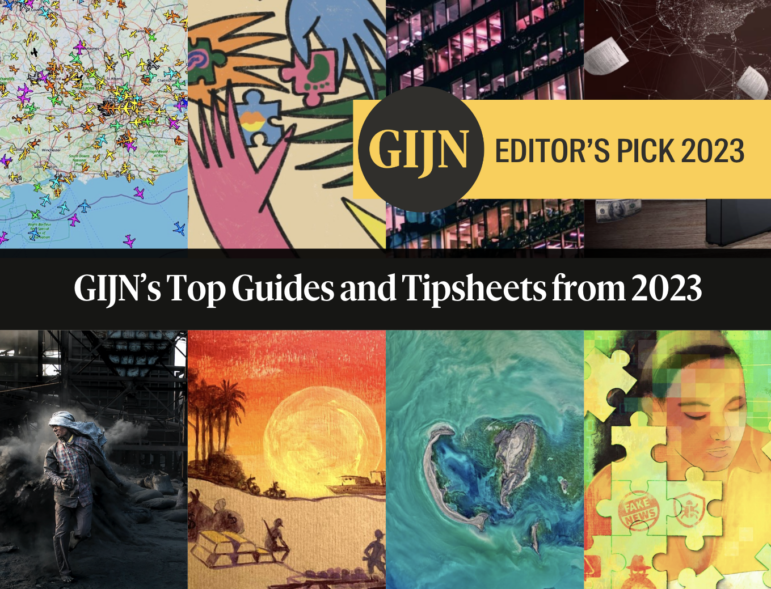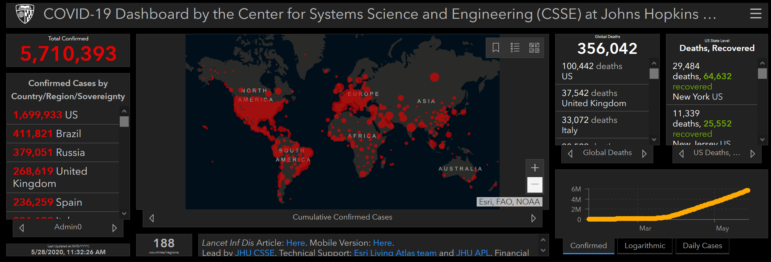
GIJN Resource Center’s Top Guides and Tipsheets from 2023
GIJN’s Resource Center presents a selection of our top reporting guides and tipsheets from 2023, from tracking climate change accountability to investigating war crimes.

GIJN’s Resource Center presents a selection of our top reporting guides and tipsheets from 2023, from tracking climate change accountability to investigating war crimes.
Investigative journalists have long used information about airplanes to uncover corruption, follow wars, track government officials, and point out the levels of greenhouse gases emitted. GIJN has now revised and updated its reporting guide to planespotting and tracking flights around the world.
To help investigative journalists with their reporting on the monkeypox public health emergency, The Journalist’s Resource has gathered numerous key facts, resources, and peer-reviewed studies.
At GIJC21, two investigative journalists who have used their cutting-edge expertise in media manipulation to expose scamsters, far-right propagandists, and secret troll farms discussed tracking digital footprints, free resources for content verification — and the kind of tips that might just break a big story.

While female muckrakers are breaking important stories around the world, the obstacles they face in and out of newsrooms can be gender-based, and there are too few networks and resources catering to these issues. So this International Women’s Day GIJN is re-launching an updated version of its guide, “Resources for Women Journalists.”
From where to pitch to how to avoid being sued, and how much you should be getting paid for your work: a new, nine-part GIJN-resource covers the business side of doing investigative journalism. The guide covers a variety of subjects, aiming to help both individuals and media institutions by providing practical tips and advice.

GIJN has created a multi-part guide on where to obtain data about the spread of COVID-19 and its consequences. The document links to official and unofficial international sources on health and economic data, links to information on government policy responses, and more than a dozen sites working on pandemic projection modelling.

As whistleblowers continue to feature in the news, GIJN has expanded our resource guide: Working with Whistleblowers. Updates include 10 tips from presentations made at the GIJC 2019 conference in Hamburg, and includes a round-up of other valuable materials, including the 2019 Perugia Principles developed by international journalists and experts, subtitled “Working with Whistleblowers in the Digital Age.”

GIJN’s Leonie Kijewski sat down with NAJA president Tristan Ahtone to speak about stereotypes journalists fall for when reporting on Indigenous affairs, how to avoid them, and how to diversify the entire news industry.

Increasingly, the most ambitious data journalism projects are fueled by collaborations. But these take a lot of planning. Before you embark on a collaboration, check out ProPublica’s playbook.